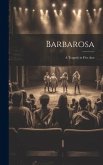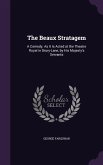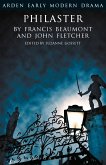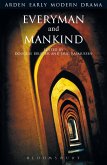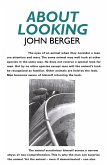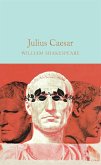A Jovial Crew, or the Merry Beggars, is a comedy about four noble lovers who join the beggar community for a pastoral life of dance and song. Or is it? Whilst maintaining its unremitting good humour, A Jovial Crew shows that the literary depiction of beggar life, and real beggar life, are profoundly different. Daily aspects of life in the beggar world - poverty, dirt, licentiousness - come as a surprise to the well-born, who are ultimately led to question their own values.The last production mounted before theatres were closed for the English Civil War, A Jovial Crew's exploration of class, commonwealth, kinship and kingship shows an intense engagement with contemporary politics. This edition, with dedicated sections on music and language in the play, argues that A Jovial Crew also offers a nostalgic farewell to English theatre. It explores Brome's attitude to performance and print, and follows A Jovial Crew from its first, Caroline staging, to its later manifestations as a Restoration comedy, an eighteenth-century opera, and a twentieth-century proto-Marxist tragicomedy.
Hinweis: Dieser Artikel kann nur an eine deutsche Lieferadresse ausgeliefert werden.
Hinweis: Dieser Artikel kann nur an eine deutsche Lieferadresse ausgeliefert werden.
The general sense one has from this Arden edition is that it finally refocuses and steadies a work that has been in flux from the moment it was written. Brome himself even included updates and rewrites to include more contemporary allusions when the play was published ten years later. Which isn't to say that Brome has fallen into complete obscurity . [I]n producing this handsome edition, another punctuation mark in theatrical history is emphasised and how lucky we were that it was a comma rather than a full stop. Stuart Ian Burns The Hamlet Weblog


